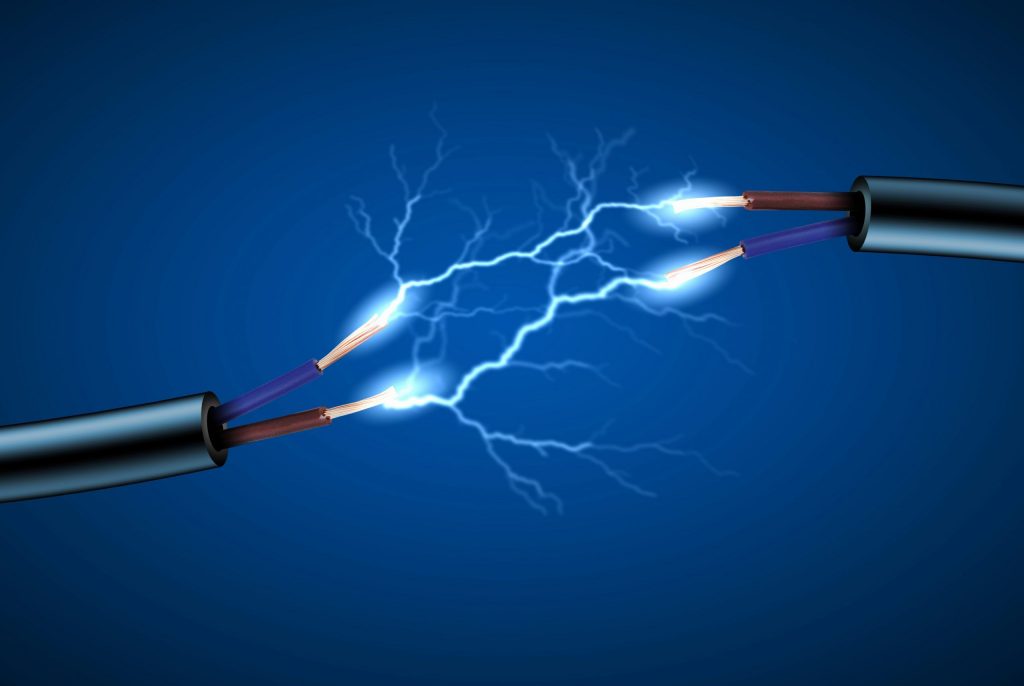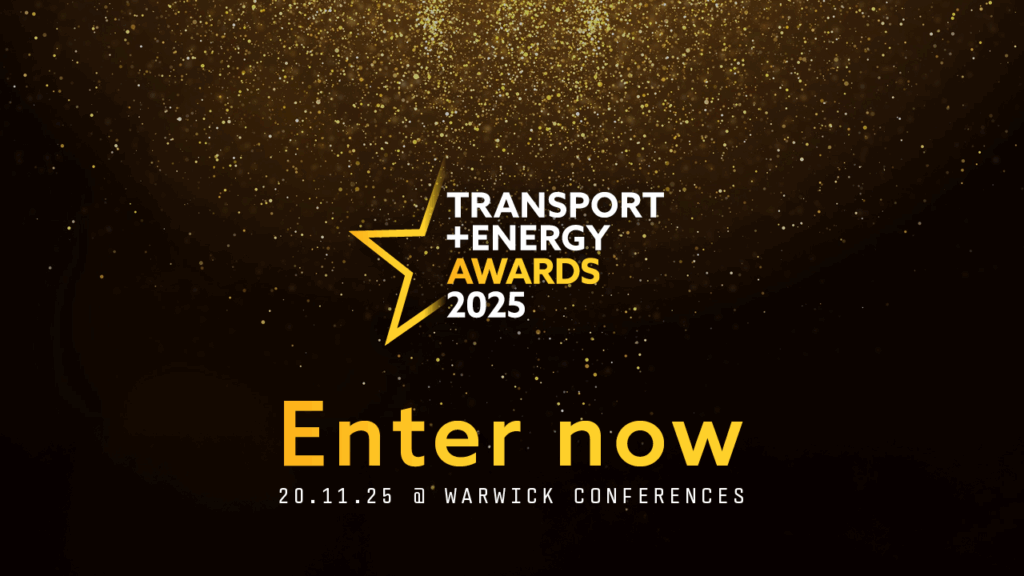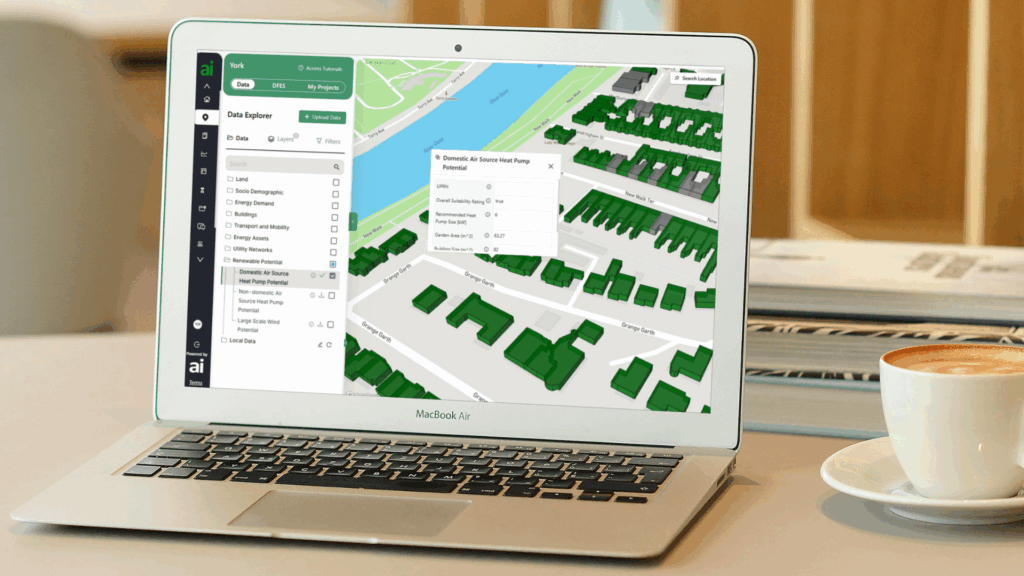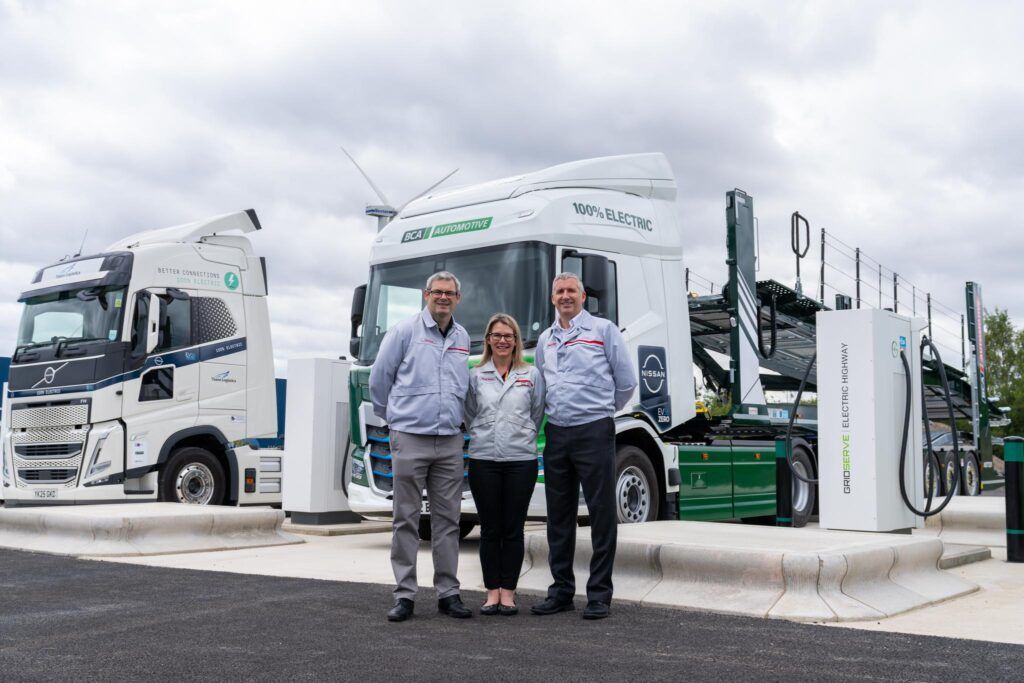A new Energy Digitalisation Taskforce (EDiT) has been launched by the Department for Business Energy and Industrial Strategy (BEIS), in partnership with Ofgem and Innovate UK.
EDiT will continue the Government’s focus on modernising the energy system to unlock flexibility and drive clean growth towards net zero emissions by 2050.
EDiT will consider the market design, digital architecture and governance of a modern digitalised energy system and follows the highly influential Energy Data Taskforce which initiated a wave of energy data activity across government, the regulator and industry.
This Taskforce will be run by Energy Systems Catapult and chaired by Laura Sandys.
Minister of State for Business, Energy and Clean Growth, Anne-Marie Trevelyan, said: “Digitalisation is vital to reaching the UK’s ambitious world-leading climate change target.
“We need a smart and flexible energy system to harness energy from low carbon sources such as the sun and wind, to power our homes, businesses and vehicles. This means technologies – from solar panels and electric vehicles, to heat pumps and batteries – will need to be smarter, sharing information with one another.
“We need to build flexibility into the energy system to enable us to use these technologies to monitor and manage system usage, improve efficiency, and provide lower costs for consumers. The Government will help drive the transformation to a digital, flexible energy system through a new Smart Systems and Flexibility Plan and the UK’s first Energy Digitalisation Strategy, to be published with Ofgem later this spring.”
The Taskforce will deliver a set of actionable recommendations that sit at the intersection between policy, regulation and innovation.
The key objectives of the taskforce are to:
- Refocus the energy sector on the challenge and opportunities of digitalisation as a core component of transformation, not just an enabler
- Accelerate digitalisation of the energy system which enables emerging net zero compatible business models, markets and industry structures
- Develop target digital architectures and a roadmap which draw on experience from other sectors and provide the energy sector with a focal point to ensure digitalisation efforts are coordinated and effective
- Identify digitalisation gaps which require innovation support
- Identify the governance risks that digitalisation raises and present frameworks to mitigate issues.
Chair of the Energy Digitalisation Taskforce, Laura Sandys, said: “Moving from an energy system based on a few key actors to millions of connected generation, storage and consumption assets that are dynamically importing or exporting energy cannot be served by an analogue system and requires deep digitalisation.
“Digitalisation of the energy system is essential to deliver a stable, secure, and cost-efficient system that can unlock value in the new decarbonised, decentralised energy world we are building.
“As energy assets become increasingly distributed, including behind the meter, traditional consumers will become an active part of the energy system as their assets automatically respond to system signals helping to regulate the system. Some consumers will want reward for their actions and digital systems will need to ensure their control, security and privacy wishes are respected.
“New business models and industry structures need to be enabled that unlock value and ensure the stability of the system.
“Digitalisation itself will create new roles and responsibilities which will need to be matched with regulatory frameworks and governance structures which mitigate emerging risks such as digital monopolies and impact on vulnerable customers.”
The Taskforce will have oversight from a project board consisting of key members of the Modernising Energy Data initiatives across government, innovation and regulation.
The Taskforce will run from April 2021 until December 2021.
Image: Shutterstock















